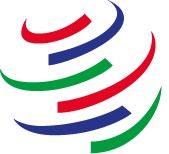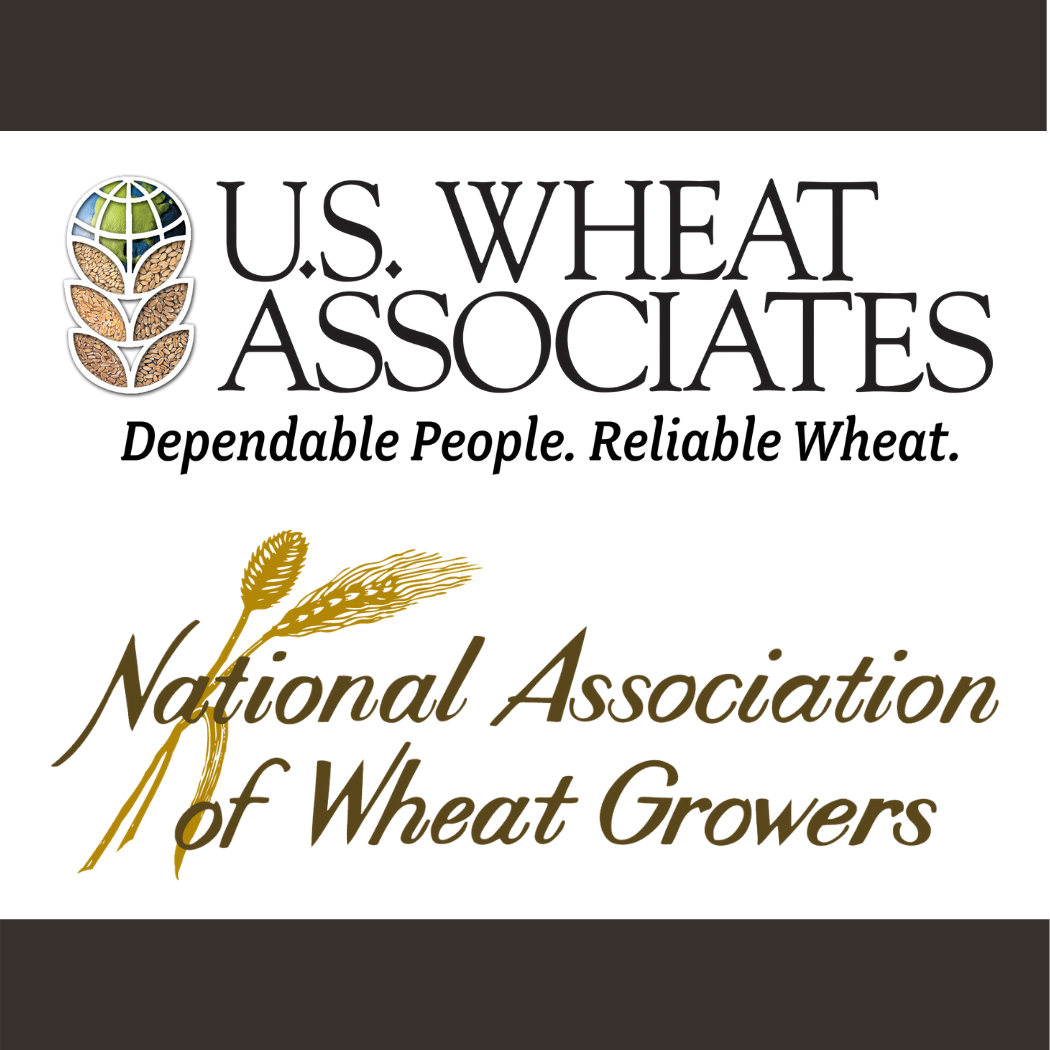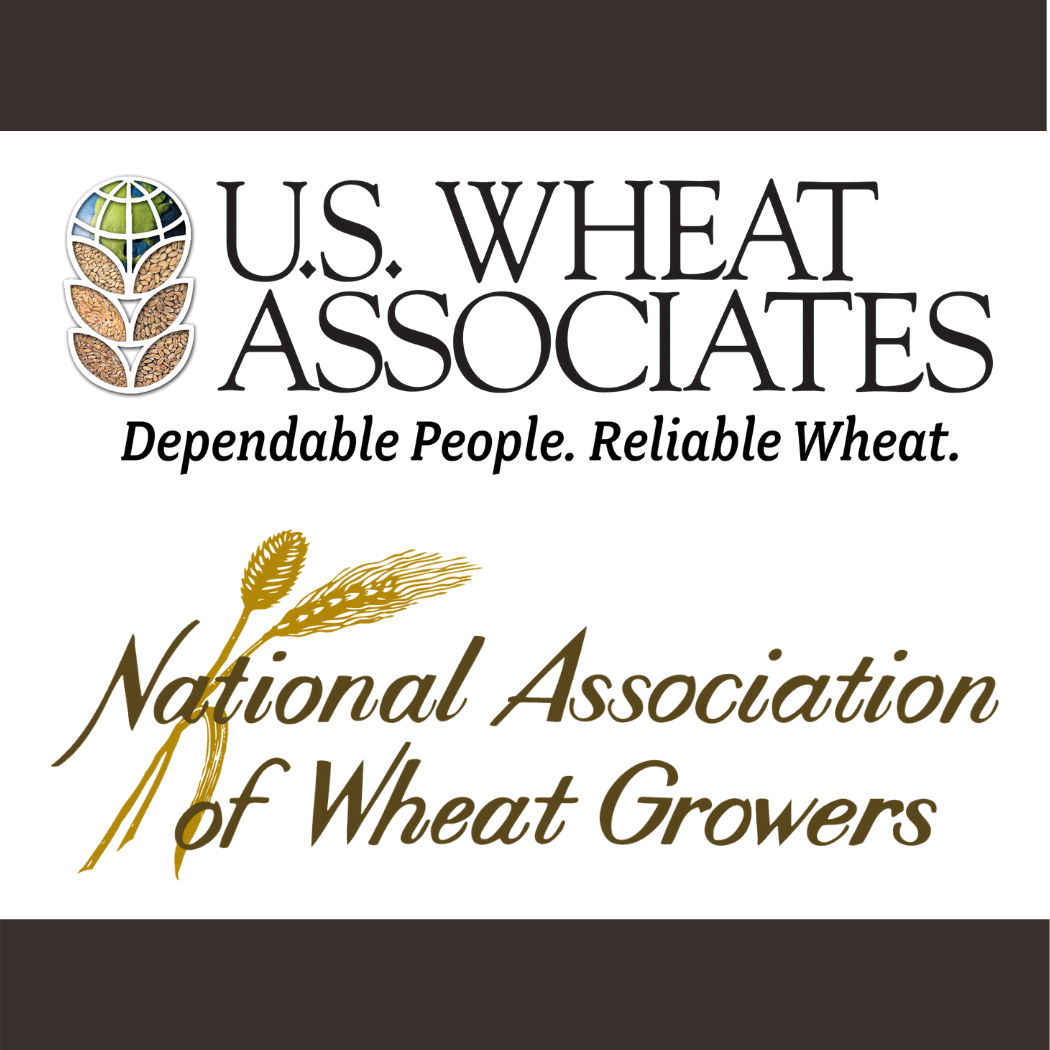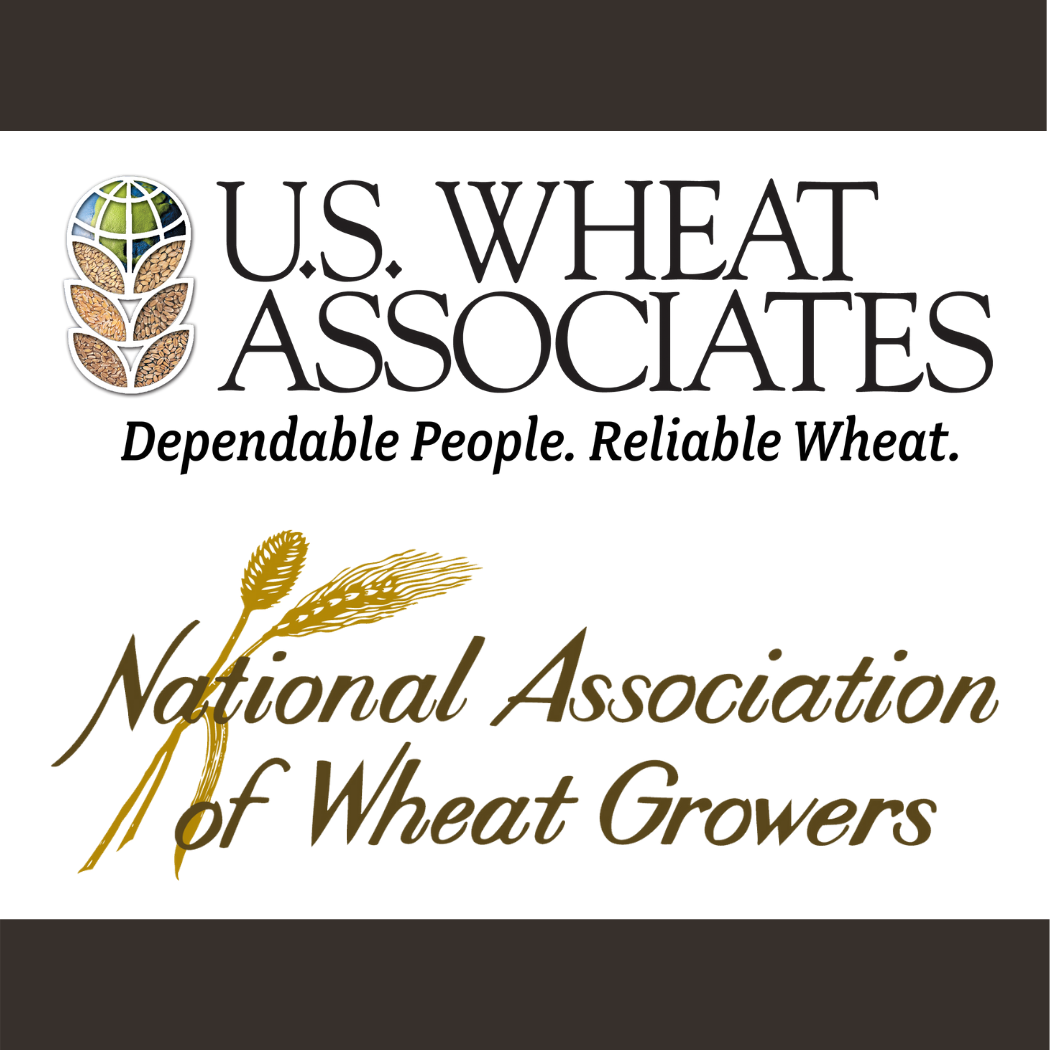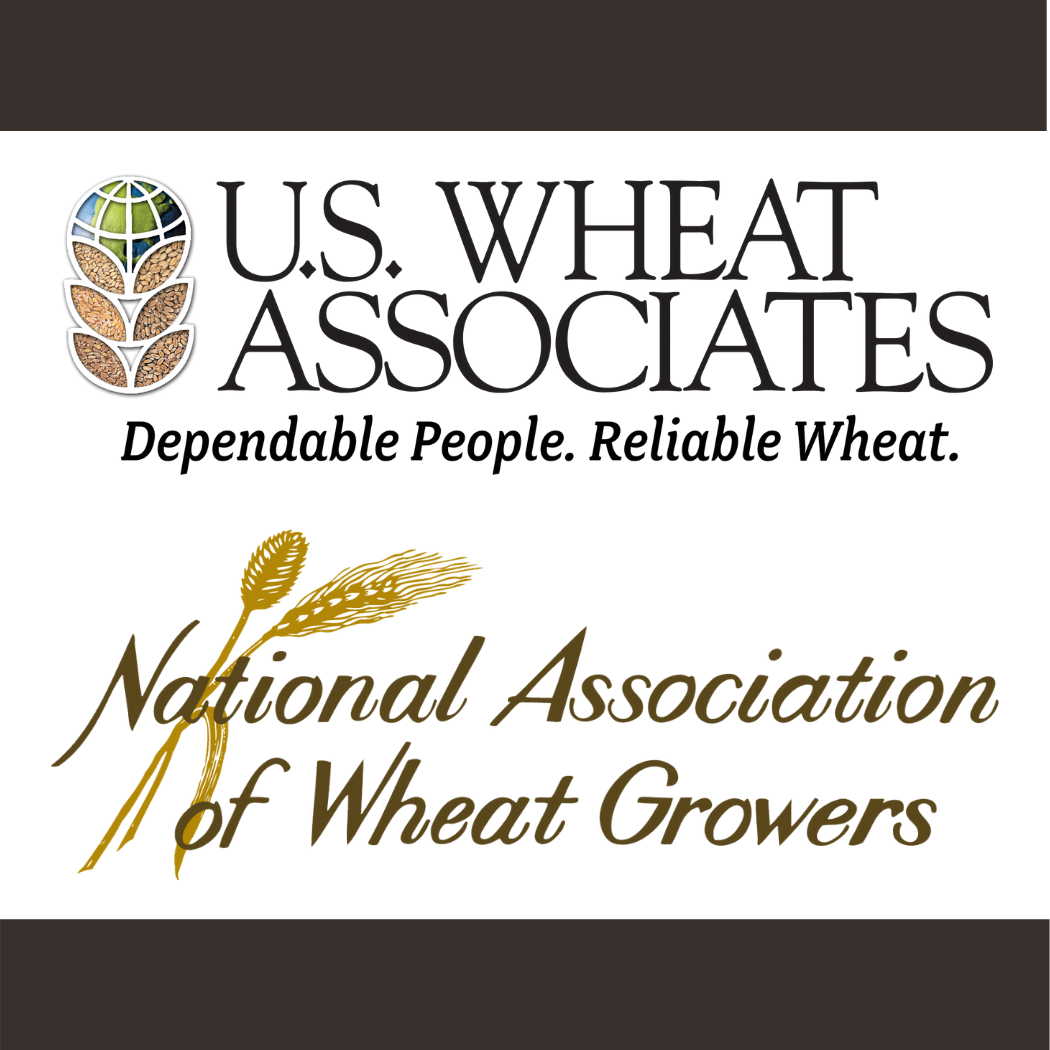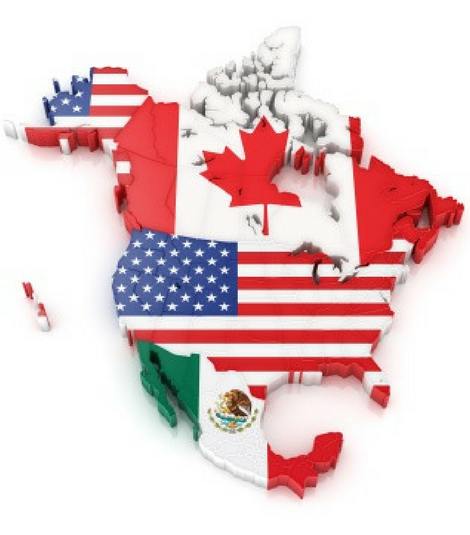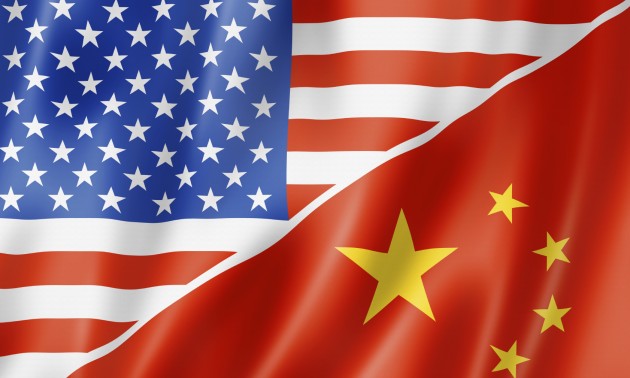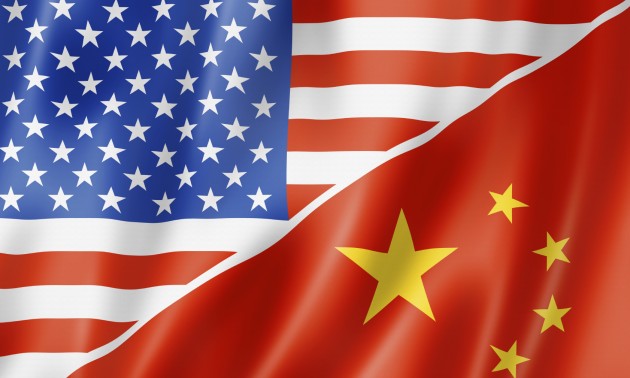ARLINGTON, Virginia – U.S. Wheat Associates (USW) and the National Association of Wheat Growers (NAWG) today praised the Office of the United States Trade Representative (USTR) for submitting a counter-notification to the World Trade Organization (WTO) on India’s domestic support, input subsidies, and market support prices for wheat and rice.
This is the latest in a series of U.S. counter-notifications showing India is not transparent about the true level of wheat and rice support it provides. Joining the United States in this notification were the governments of Argentina, Australia, Canada, and Ukraine.
“We appreciate that the USTR and other country delegations are working to highlight India’s trade-distorting wheat support,” said USW President Vince Peterson. “India’s government continues to be out of compliance on its commitments and its refusal to compromise on its level of support and public stockholding is blocking any progress on agricultural negotiations at the WTO. It is important to keep bringing this issue to light with hope that it will eventually pressure India to become a responsible trading partner.”
“Thank you to the USTR for their continued efforts to push India to follow through and come into compliance with their WTO commitments,” said NAWG CEO Chandler Goule. “Farmers in the United States understand the importance of supporting producers when needed. However, India’s approach is the wrong way to do it, and it is important that they follow through on their commitments.”
Support Schemes
India’s wheat support schemes incentivize overproduction and discourage farmers from growing other crops. This has led to massive public stocks of wheat that the Indian government has at times dumped onto international markets. The disruption it causes harms farmers in exporting countries and their customers who benefit from stable markets.
Under its WTO commitments, India may provide subsidies equal to no more than 10% of the total value of crop production. In marketing years 2021/22 and 2022/23 covered in the counter-notification, the United States and other countries demonstrate through India’s own data that its support level far exceeds that limit.
USW and NAWG are committed to working with USTR and other government officials to address these challenges and to ensure that U.S. wheat farmers have a fair chance to compete in the global marketplace.
# # #
About U.S. Wheat Associates. USW’s mission is to develop, maintain, and expand international markets to enhance wheat’s profitability for U.S. wheat producers and its value for their customers in more than 100 countries. Its activities are made possible through producer checkoff dollars managed by 17 state wheat commissions and cost-share funding provided by USDA’s Foreign Agricultural Service. For more information, visit our website at www.uswheat.org.
About the National Association of Wheat Growers. NAWG is the primary policy representative in Washington D.C. for wheat growers, working to ensure a better future for America’s growers, the industry, and the general public. NAWG works with a team of 20 state wheat grower organizations to benefit the wheat industry at the national level. From their offices in the Wheat Growers Building on Capitol Hill, NAWG’s staff members are in constant contact with state association representatives, NAWG grower leaders, Members of Congress, Congressional staff members, Administration officials, and the public.

